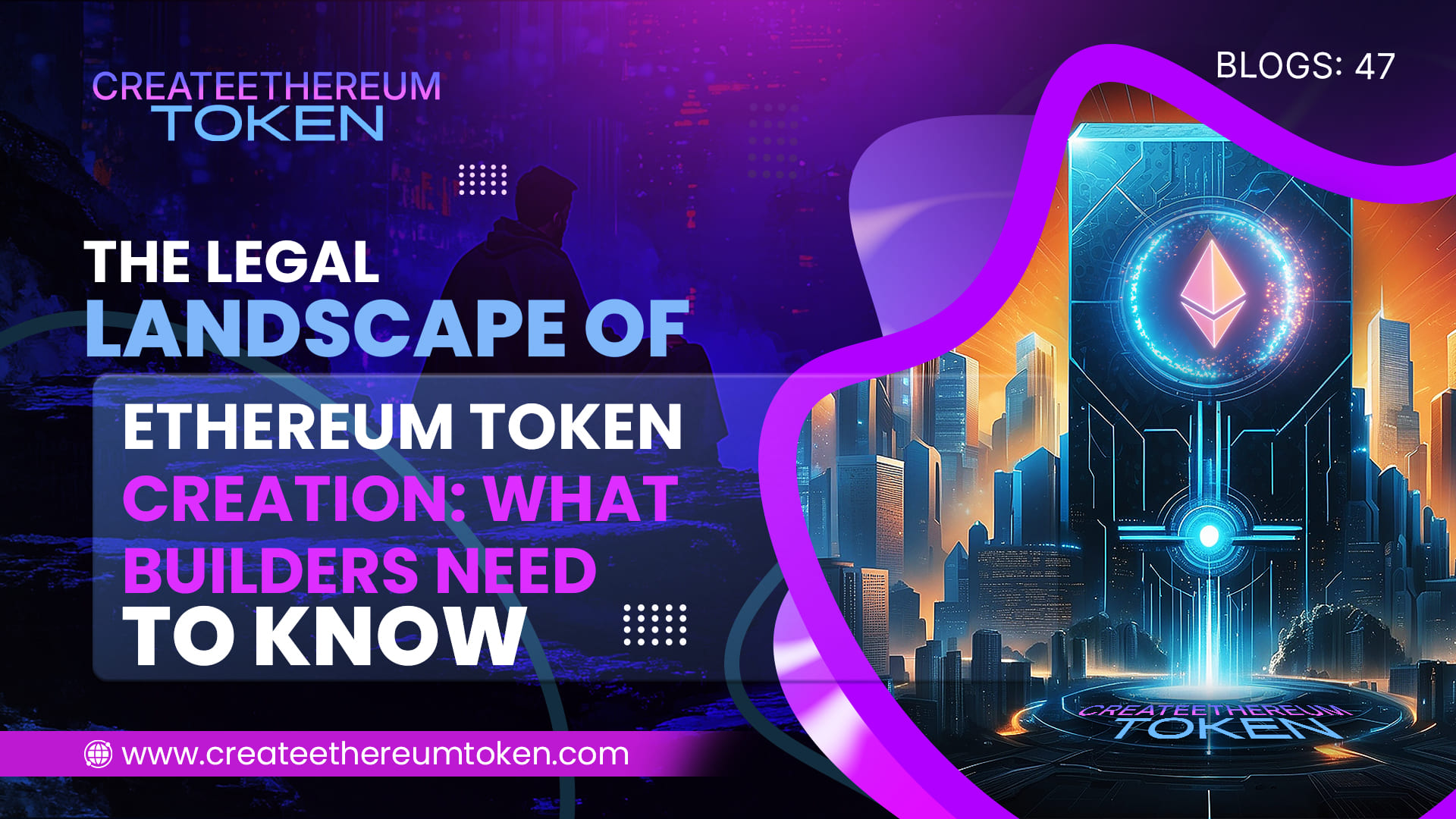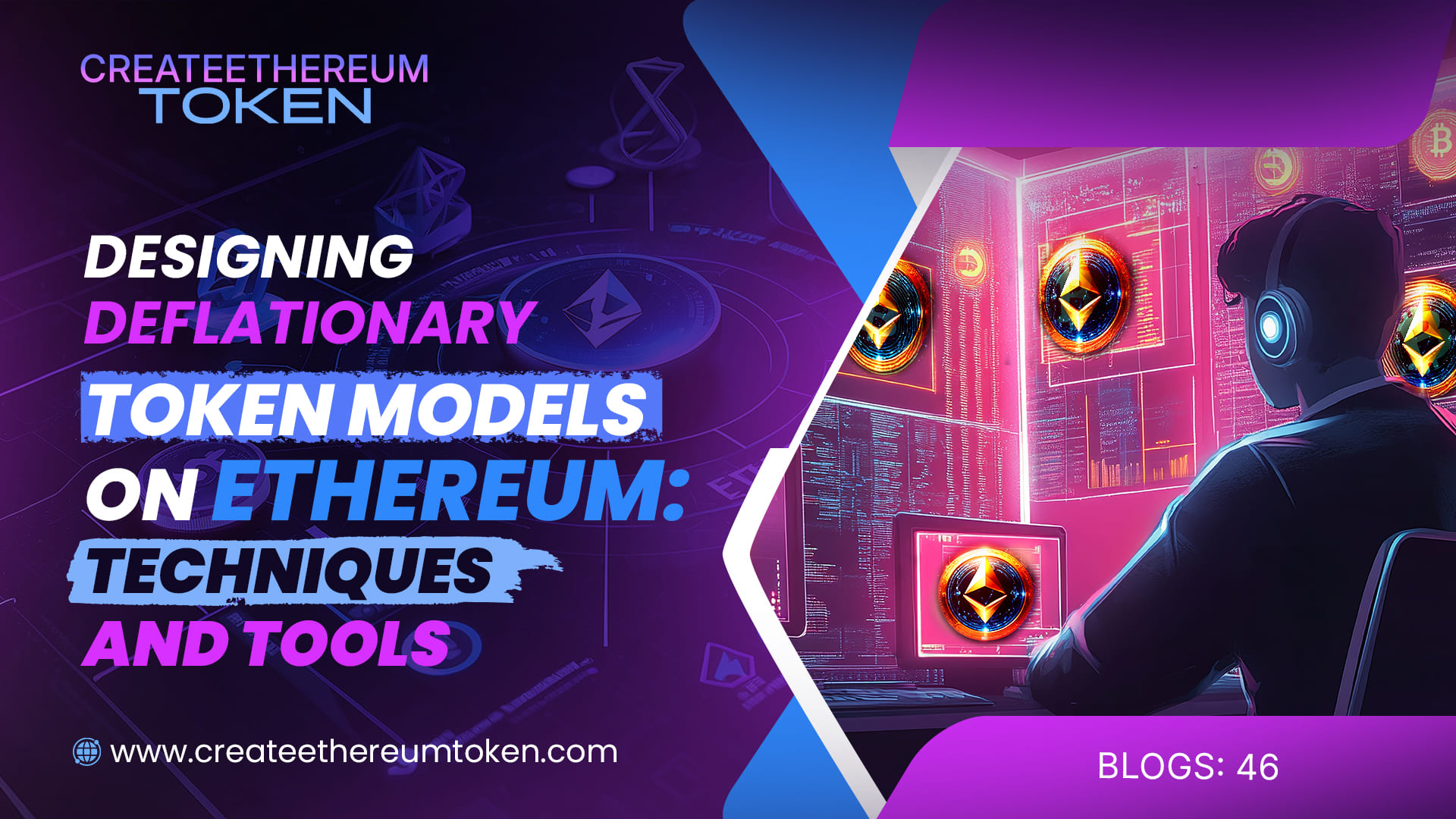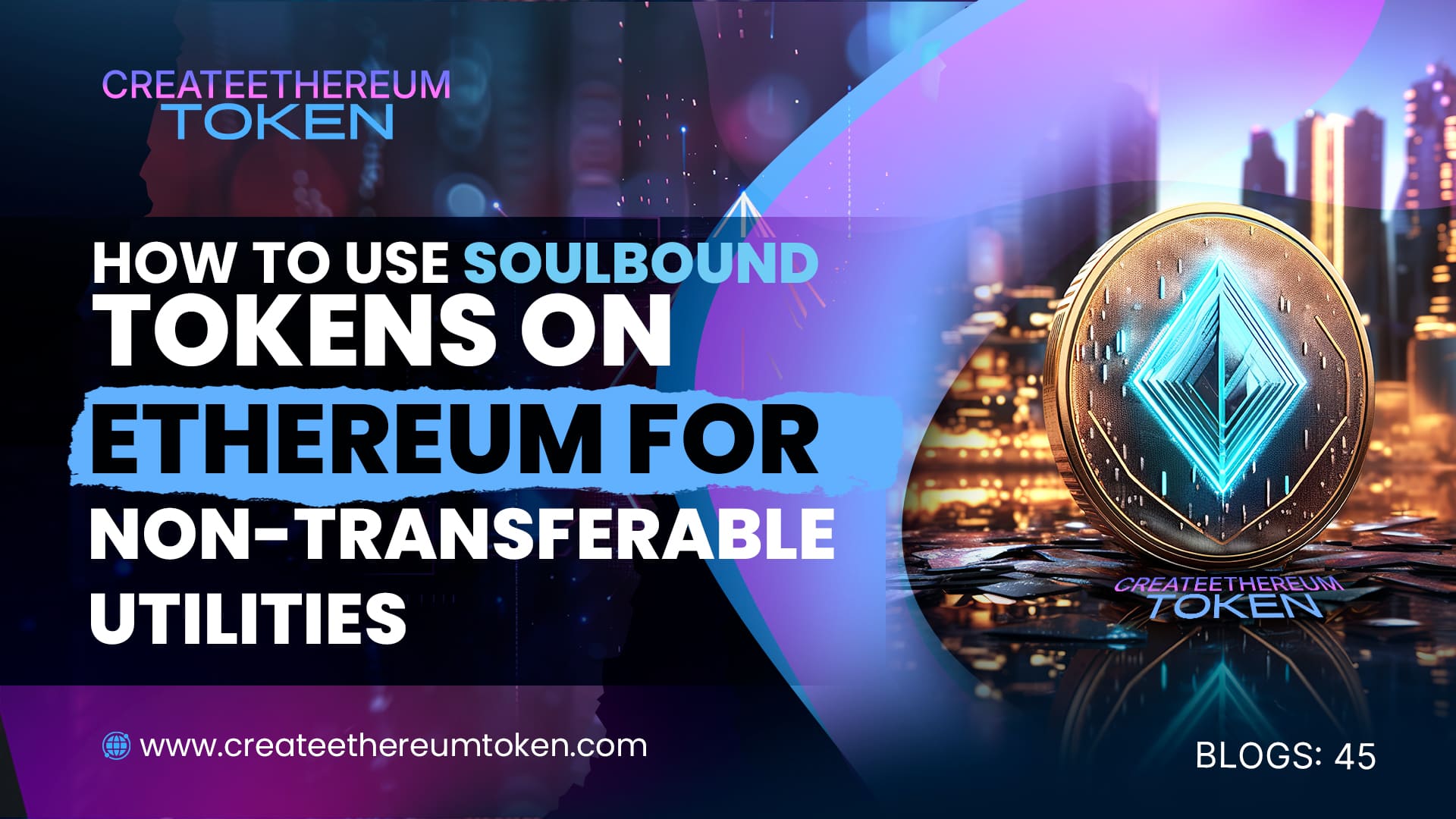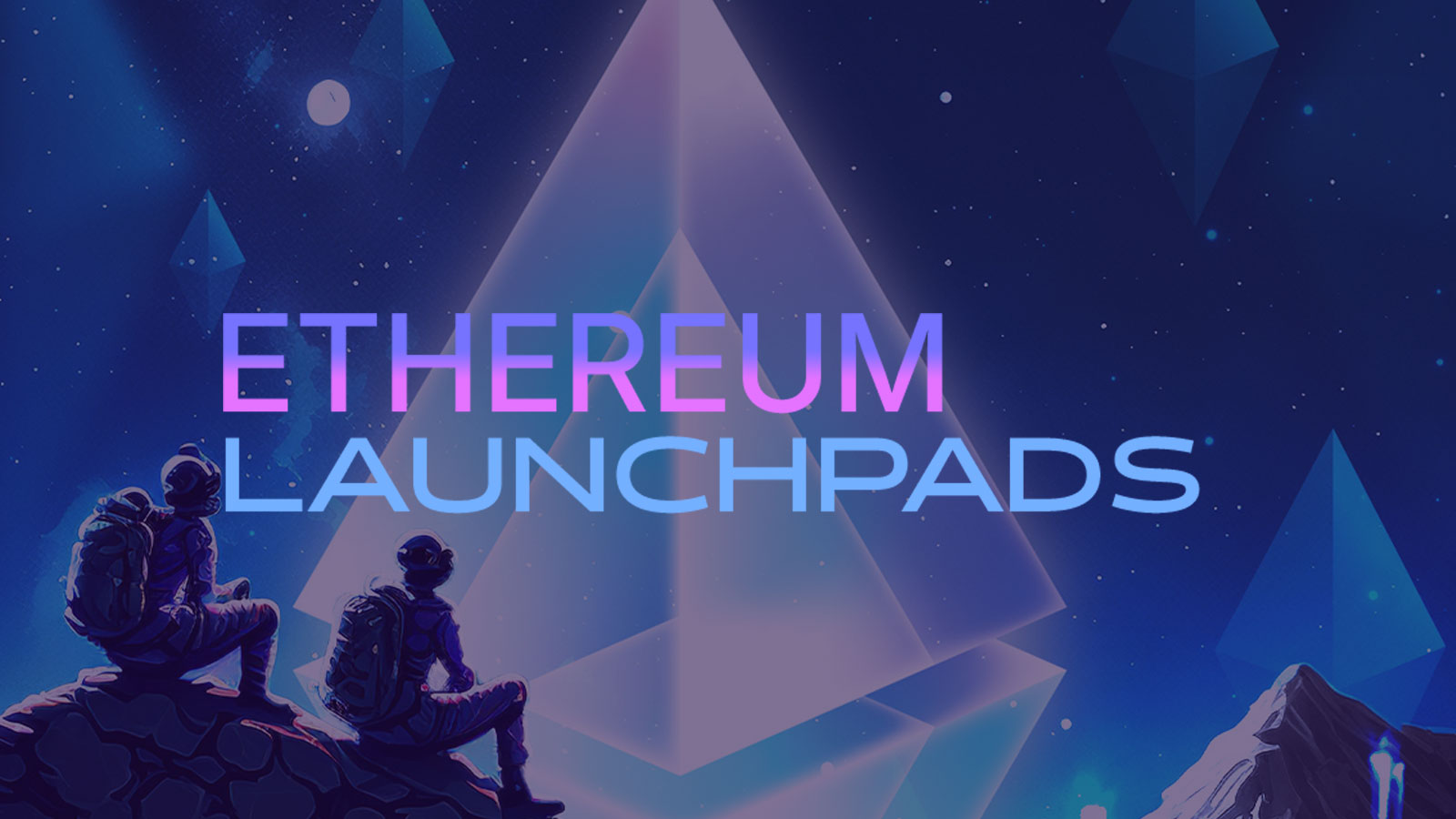October 9, 2024
Why Ethereum Tokens are Leading the Way for Decentralized Applications in 2024
In 2024, Ethereum remains the leading blockchain platform for developing decentralized applications (dApps) and token-based economies. As more businesses and developers embrace decentralized solutions, Ethereum tokens are at the core of this transformation. In this blog, we’ll explore why Ethereum tokens continue to lead the way for decentralized applications and how you can leverage them for your next project.
1. Ethereum’s Flexibility and Smart Contract Capabilities
Ethereum was the first blockchain to introduce smart contracts, self-executing agreements that automate processes without intermediaries. This flexibility has made Ethereum the go-to platform for launching a wide variety of dApps. Whether you’re building a decentralized finance (DeFi) platform, an NFT marketplace, or a governance token, Ethereum’s smart contract functionality makes it easier to design custom solutions that fit your project’s unique needs.
2. Interoperability with Other Blockchain Networks
One of Ethereum’s greatest strengths is its interoperability with other blockchain networks. By using Ethereum’s token standards, such as ERC-20 and ERC-721, developers can create tokens that work seamlessly with other DeFi platforms, decentralized exchanges, and Layer 2 solutions. This interoperability allows projects to reach broader markets and gives token holders more flexibility in how they use and trade their tokens.
3. Wide Adoption and Liquidity
Ethereum has the largest community of developers and users in the blockchain space. This wide adoption ensures that Ethereum tokens have strong liquidity across numerous platforms, including decentralized exchanges like Uniswap and SushiSwap. For new projects, this liquidity is critical because it ensures that your tokens can be easily bought, sold, and traded, making them more attractive to investors.
4. Growing Ecosystem of Tools and Platforms
In 2024, Ethereum’s ecosystem has grown to include a wide range of development tools, platforms, and frameworks that make token creation easier than ever. Platforms like Remix and Truffle simplify the process of writing and deploying smart contracts, while projects like OpenZeppelin provide secure libraries for token development. These tools ensure that even non-technical users can create tokens with minimal coding experience.
Conclusion
Ethereum continues to lead the way in the world of decentralized applications and token economies. With its robust infrastructure, smart contract capabilities, and wide adoption, Ethereum remains the ideal platform for launching new tokens in 2024. If you’re planning to create an Ethereum token, now is the time to take advantage of its extensive ecosystem and the growing demand for decentralized solutions.





